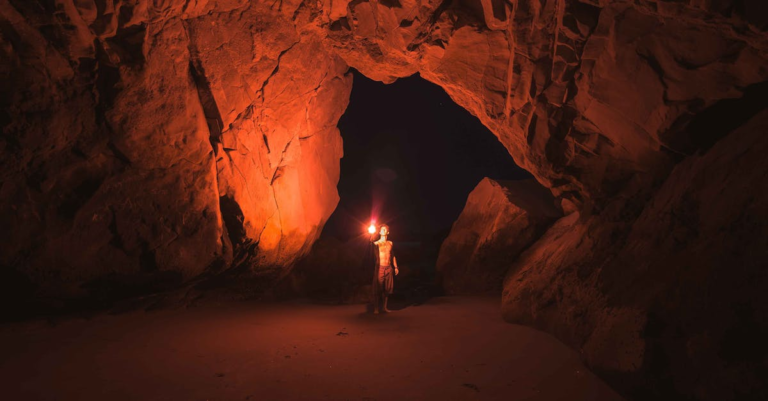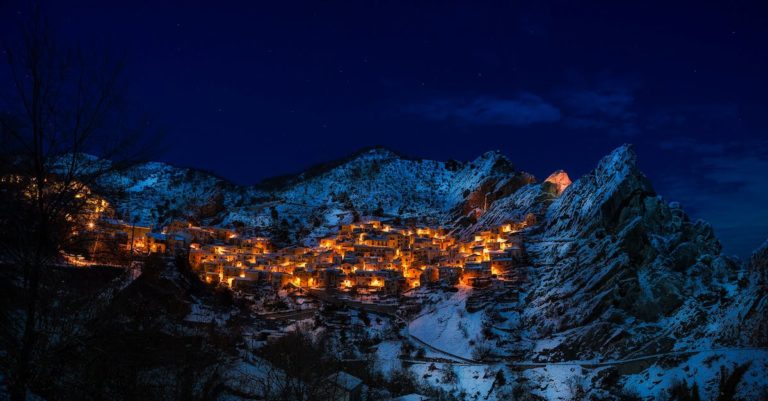The purpose of festivals is to spread joy and love among people. Most festivals have religious origins and are followed by religious rituals and prayers. People celebrate these festivals to promote the welfare of their families and to bring prosperity and peace in their homes. Children can also take part in these rituals, which will build a stronger bond between them and their family.
Today, the media plays an important role in making these festivals popular. Some media present these festivals in a glitzy manner in order to promote their products during the festival period. Others present them in a more sombre tone, although this is not a widespread practice. Regardless of their motives, festivals have become a part of our lives.
As a result of this widespread interest, many festivals can help boost local economies. Festivals can also help spread tourism to different regions. This creates jobs and stimulates local economies. Festivals such as the Grahamstown National Arts Festival in South Africa, the Bristol Harbour Festival in the United Kingdom, and the Rio Carnival in Brazil are examples of festivals that have positive economic and social effects.
To maximize the economic benefit of festivals, festival organizers should consider the interests of their participants. For example, understanding the reasons why people attend a festival is crucial to increasing sales. Knowing the items people want can help festival organizers create an event that appeals to both tourists and local residents. A satisfied participant is also more likely to spend money than an unhappy one.
Another reason for celebrating festivals is to promote unity among people. People are often too busy in their daily lives to spend time with family and friends. Festivals offer a chance for people to celebrate with their loved ones and friends, while also releasing mental tension. They also provide a chance for people to enjoy food and sweets.
Festivals also help communities remember historical events. For example, the ancient Egyptian pharaoh Ramesses III established a festival to commemorate his victory over Libya. Many festivals also have religious origins. Ancient Egyptian astronomers associated the movements of the sun and the moon with the inundation of the Nile River. This led the Egyptians to develop a solar calendar that has 365 days and five festival days at the end of the year.
Festivals also increase local businesses and tourism. Some small towns are struggling to survive, and they can use these events to attract people from outside the area. These events promote local pride and generate tax money for the town. In turn, the increased business and tourism will help improve the town. Some festivals offer concessions to visitors, which will increase the number of people who visit.
One of the most widely celebrated festivals is the new year. This is celebrated on the first day of the new year, which marks the beginning of a new calendar year. In some countries, the new year is celebrated on a different day, and there may be different celebrations for different religious holidays.






